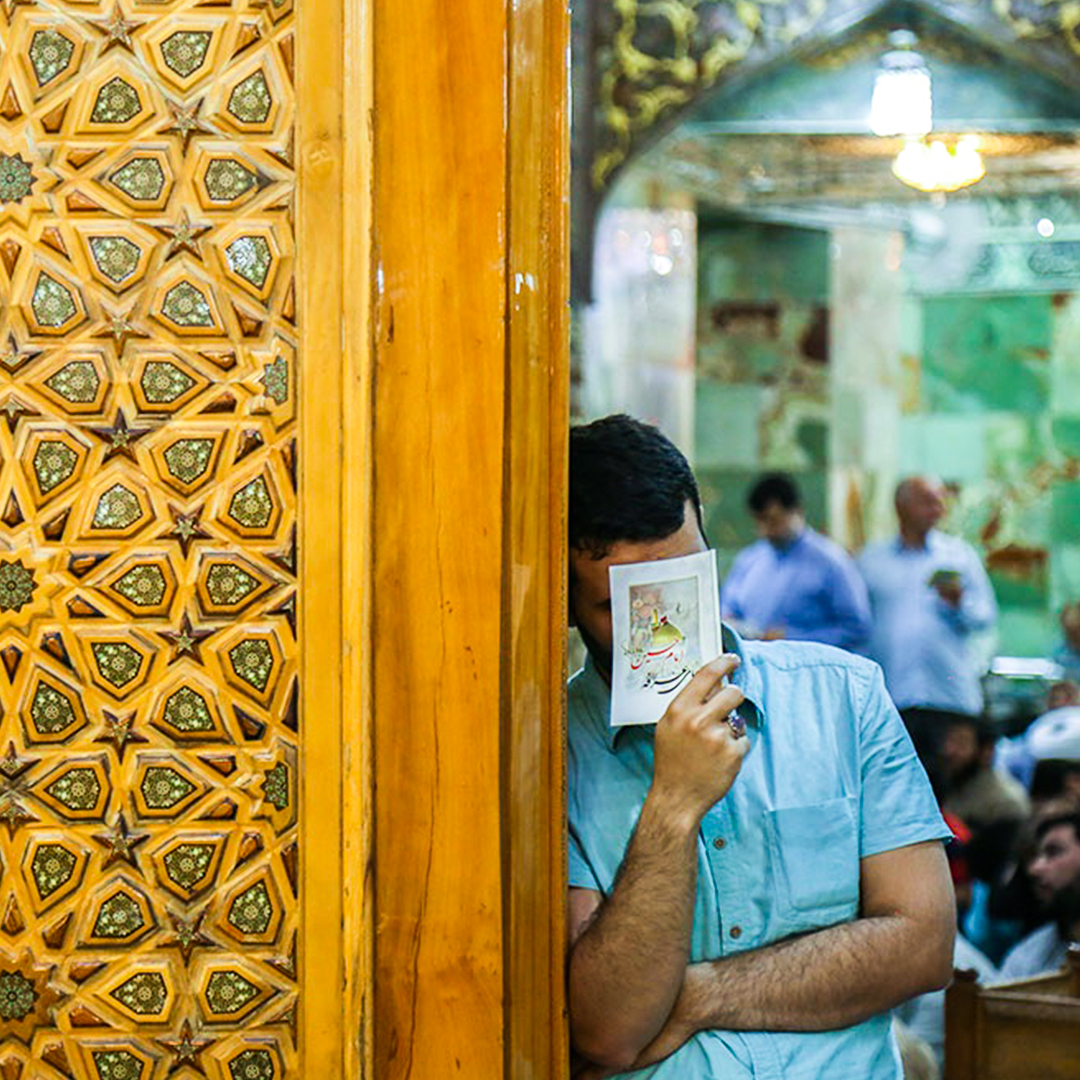The Day of Arafa: A day of ascending from the self to the Creator
The ninth of the Islamic month of Dhul Hijja, which is one day before Eid al-Adha, is considered a very important and holy day for Muslims. In the sources of narrations there are certain deeds that are advised to be performed on this day, most important of which are praying and asking Allah for forgiveness. The Ziyara of Imam Husain and reciting Dua al-Arafa is also highly recommend.
“Arafa” is an Arabic word which means to comprehend and understand alongside thought and reflection about the impact of events. The name “Arafa” was derived from the land of Arafaat (a place in Makkah where pilgrims lodge on this day). It is said the land of Arafaat is called such because it is a defined and known land among the mountains. Another reason mentioned is that in this land people admit to their sins and show patience upon distress, and patience is also one of the meanings of “Arafa”.
There are numerous narrations that mention the day of Arafa as a special day in which Allah forgives and answers our prayers.
Also, the Shia Imams considered this day sacred and advised people to venerate this day. They never sent away a needy person empty handed on this day. A narration says that one year, on the day of Arafa, Imam Sajjad (as) heard a needy man asking people for help, he said to him, “Woe upon you, do you ask other than Allah for help on this day? On this day there is hope that even children in the womb would become fortunate by Allah’s mercy.”
Of the most important deeds on this day is reciting Dua al-Arafa of Imam Husain. These are some of the significant highlights in the Dua:
- Expressing true belief, pondering upon signs, remembering the endless blessings of Allah upon mankind and praising and thanking Him for it.
- Expressing humility to Allah, admitting to one’s sins, asking for forgiveness and turning towards goodness.
- Getting to know the Prophets, strengthening our relationship with them, and increasing awareness of the hereafter.
- Getting to know Allah, His attributes, and renewing our oath with the Creator
- Praying for our needs, beginning with sending peace and blessings upon Prophet Muhammad and his progeny, asking for guidance, blessings, bounties, increase in sustenance, reward in the hereafter, and …
In reality Dua al-Arafa is a pathway which starts with knowing ourselves and ends with knowing Allah. As we know one of the most important foundations of embedding virtues in ourselves and reaching spiritual perfection is to first know ourselves. Until we do not put this hard stage behind ourselves, we cannot reach higher spiritual stations. For this very reason, great teachers of spirituality emphasize that one who wants to tread the path of spirituality, must first know themselves and by no means ignore this important prerequisite.
The famous Hadith “Whoever knows himself will know his Lord,” points to this very concept. In the book Bihar al-Anwar, Book of Prophet Idris, Chapter 4, which is related to wisdom it says “Whoever knows the creation shall recognize the Creator, and he who understands sustenance will know the Sustainer, and one who knows himself will know his Lord.”
If a person realizes the greatness of this day and understands the depths of Dua al-Arafa, he will experience a day full of awareness of Allah, inshaAllah.
Compiler: Safura Taraqi
Translator: Fatima Zahra


